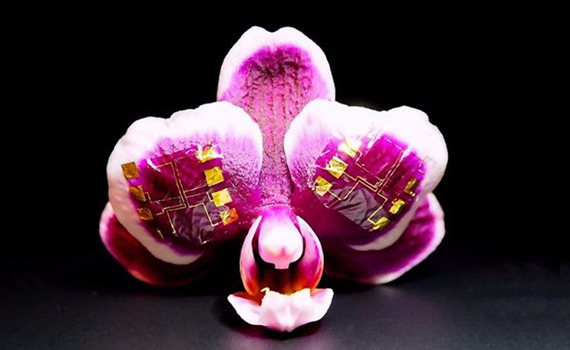NEWS
New development: flexible mini-transistors for medical sensors

Scientists at Columbia University have developed flexible, functional, and waterproof transistors. New development can be applied in medical sensors, neurocomputer interfaces and implants.
Silicone transistors do not interact well with liquids, and waterproof devices are too rigid. However, plastic electronics are a solution for sensors that need to be flexible and waterproof at the same time.
A team of researchers has developed a flexible and waterproof transistor, the speed of which allows it to be used in medical monitoring and neuroprosthetics. Among the main components of the transistor - the source, drain and channel that connects them. To improve the device, scientists have presented a unique design of the transistor channel.
It is made from fully biocompatible materials and can interact with ions and electrons, which makes communication with the neural signals of the body more effective.
“Our transistor uses ions, and the speed of its work allows us to perform complex calculations necessary for applications in neurophysiology,” explains researcher Dion Nodaholi.
Scientists have tested the development of electroencephalography. The improved mini-size has provided more comfortable sensations for patients.
Another application of transistors is the biomonitoring of the heart, muscles and eyes. The device can help treat some forms of refractory epilepsy.



